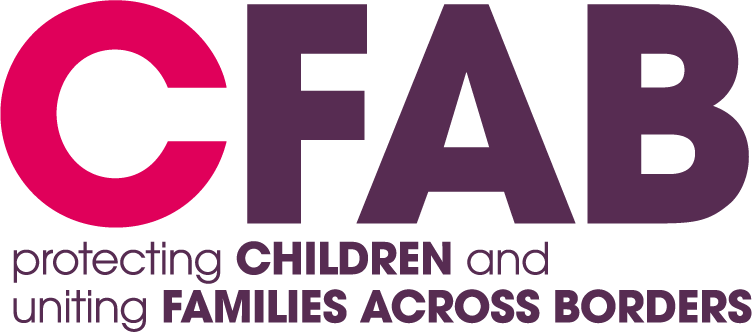CFAB’s response to the Independent Review of Children's Social Care released its interim report: The Case for Change
July 2021
Last month the Independent Review of Children's Social Care released its interim report: The Case for Change. The report rightly promotes the benefits of allowing the care of children to take place within the family and community, and makes a case for the increased use and support of kinship carers.
Kinship carers play a vital role in the care system, allowing children to be cared for by family and community. As the report states, for many children living with extended family and friends will be the best option and provide a real sense of belonging.
The report highlights the need for increased investment in the sector. We would echo this strongly; increasing the use of kinship care provides actual cost savings for the government both in the short and long terms, by reducing the state's chances of intervening further down the line.
However, a vital part of promoting kinship carers missing from the Case for Change is kinship arrangements extending across borders. The principles to ensure all children should have the opportunity to be cared for by kinship carer exist whether the family is in the UK or not. However, through our own research, we found half of the local authorities admitted that they had not explored any family members abroad over two years, with just 128 children nationwide reunited with their families. We estimate that as of 2018, there were as many as 18,000 children in the care system who had family abroad who could - and should - be explored for their long-term care.
Furthermore, it is difficult to fully understand the scale or success of international kinship as no government or wider statutory body publishes analyses or reports on the number of Looked After Children who have been placed abroad, despite a large part of this data being reported to the Department for Education by local authorities. Nor is there any published research or analysis on the long-term outcomes of international placements and how to ensure the system works to maximise the wellbeing of the children placed with families.
In 2018, we assessed 78 international kinship care placements and found that in 38 cases, we could not obtain information about the outcome for the children. In 19 cases, the children did not end up with family members overseas. In 21 cases, the children were placed with family members overseas, and two placements had broken down within two years.
So, what can be done, and what does the Care Review need to consider? Firstly, the Department for Education should make public the number of children placed outside England as reported to them by local authorities. Statutory bodies in the UK should work together to analyse this data and record the outcomes of cases.
There needs to be clear statutory guidance on international kinship care. Some local authorities already provide continuing support to carers abroad, but some make no further checks on a child once placed. Some even refuse responsibility for the child if the placement breaks down and they return to the UK. Many local authorities have reported that they are unclear on their actual legal obligations to a child once they leave their care and are placed in the care of someone in another country.
CFAB's research into the outcomes of international kinship placements found that the primary reason for placement breakdown was that the child's carer could not cope with their psychological and behavioural challenges. Support exists for a child transitioning from one home to another within England, and it exists for a child adopted from England to another country. Before a child is placed with family overseas using a Special Guardianship Order, there should also be an adequate special guardianship support plan in place. Special Guardians in England are rightly given preparation and training. However, no such support is available to Special Guardians overseas, regardless of the child's needs and history.
We are engaging with Josh MacAlister and the Independent Review of Children's Social Care as part of our Safe Secure and Thriving Campaign and as Chair of the Cross-Border Child Safeguarding Working group.


